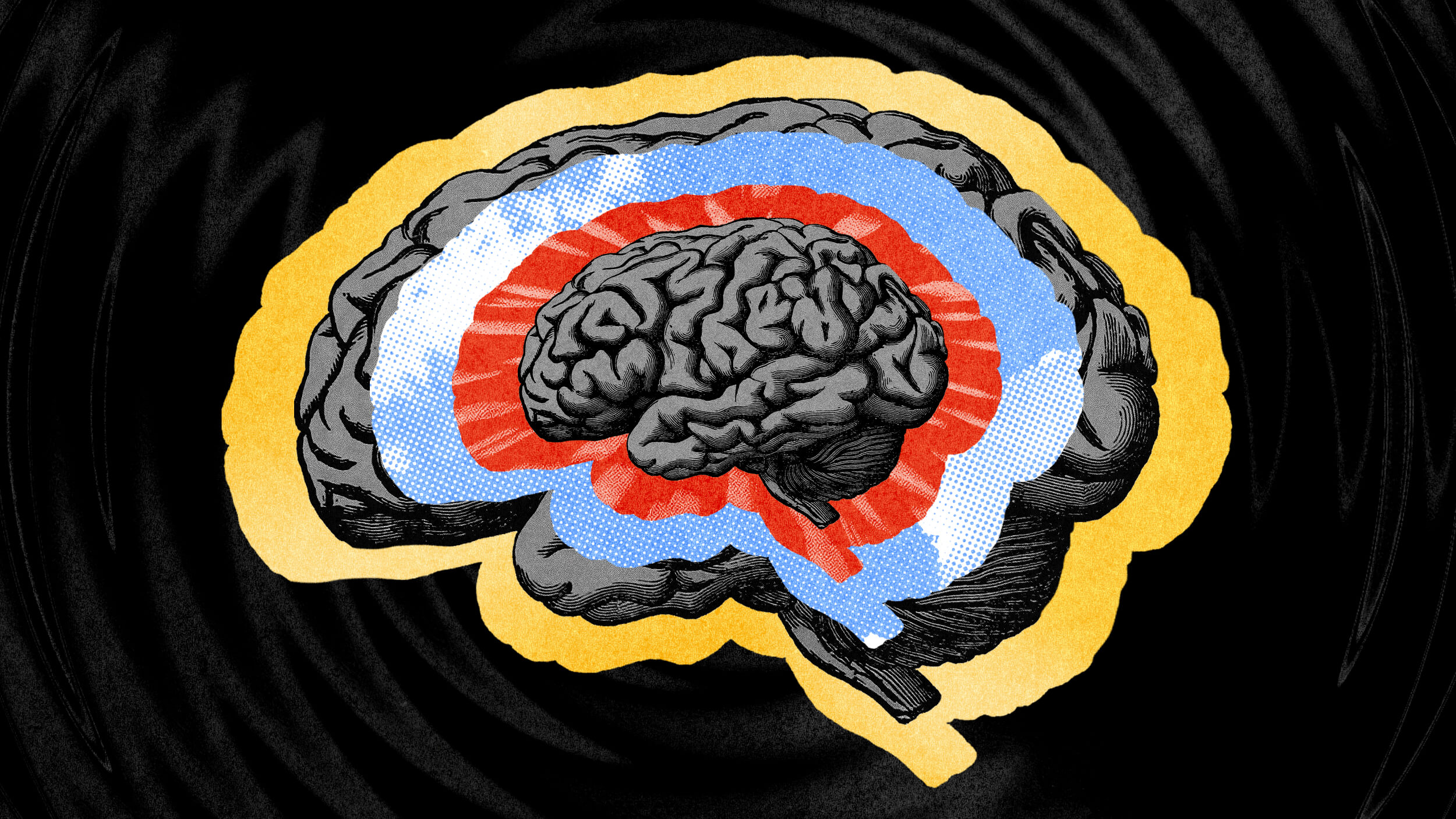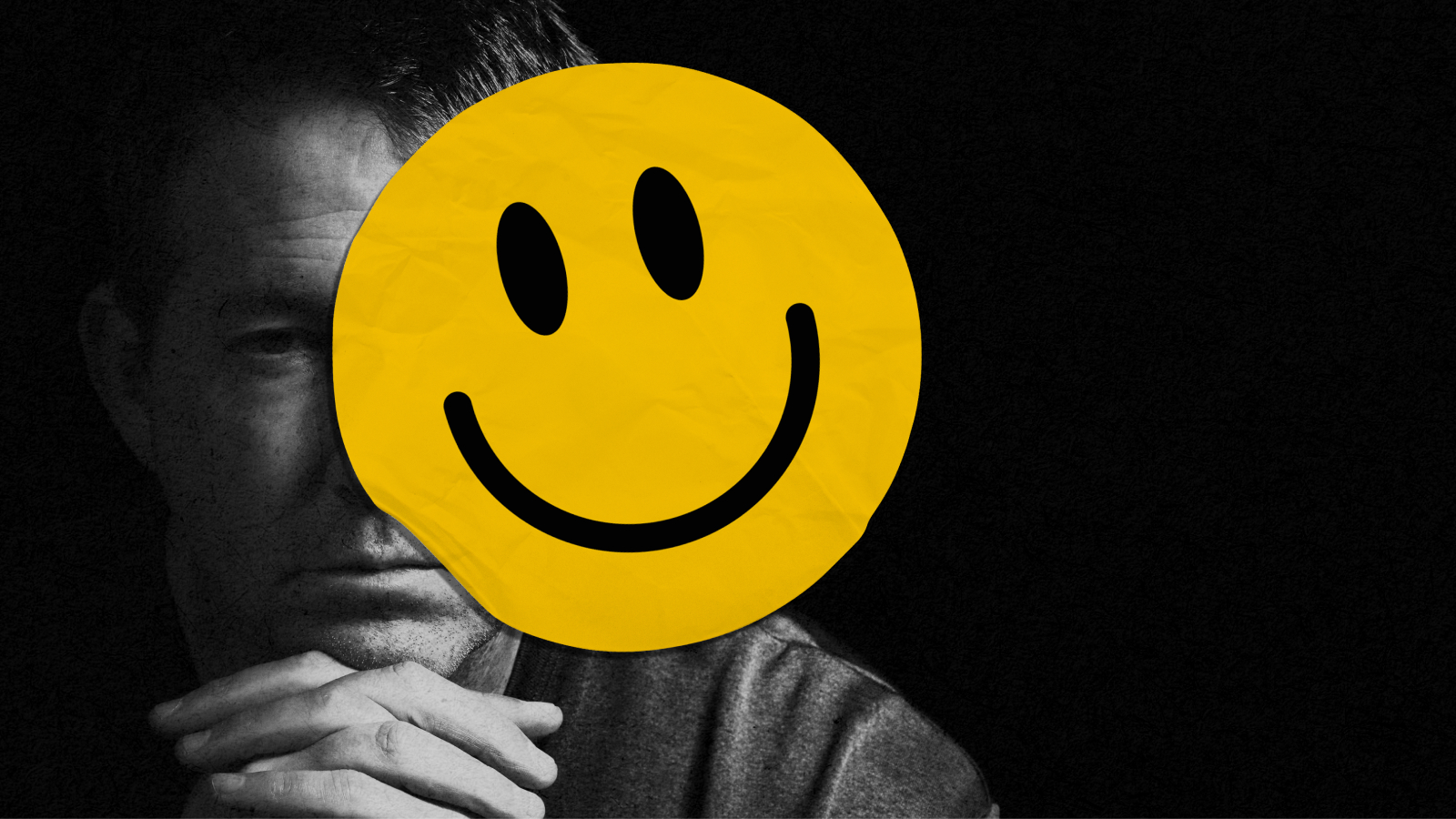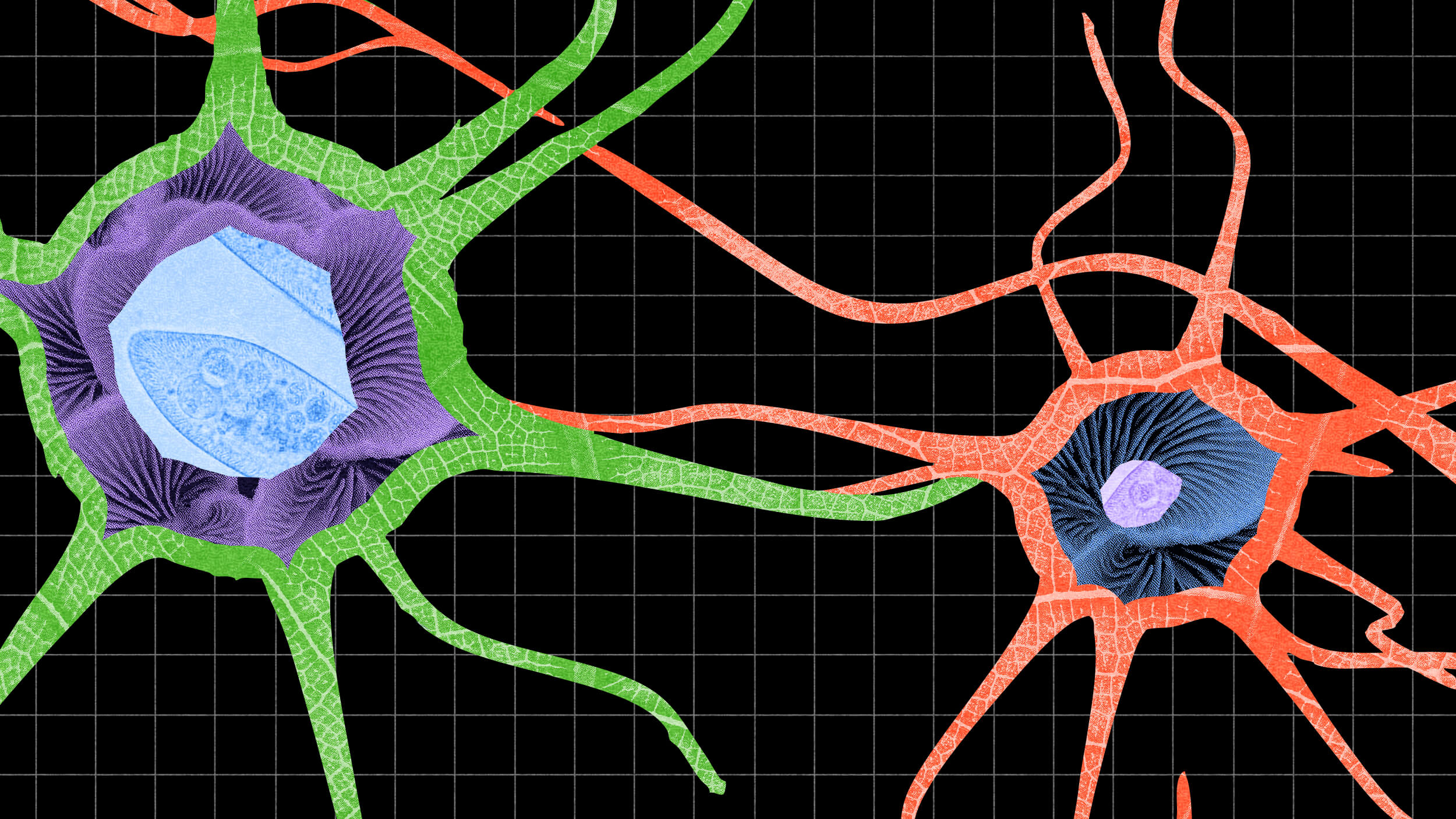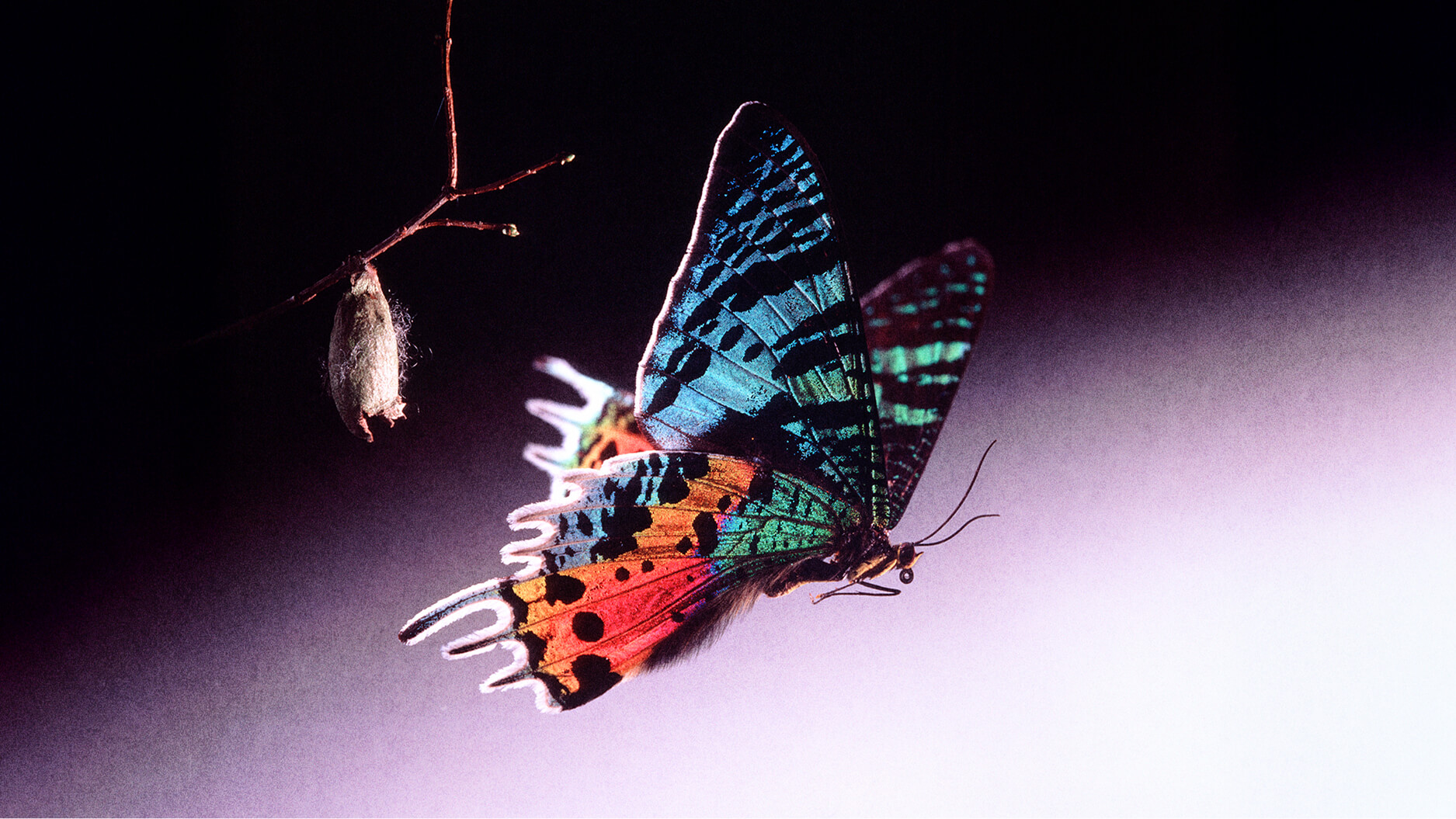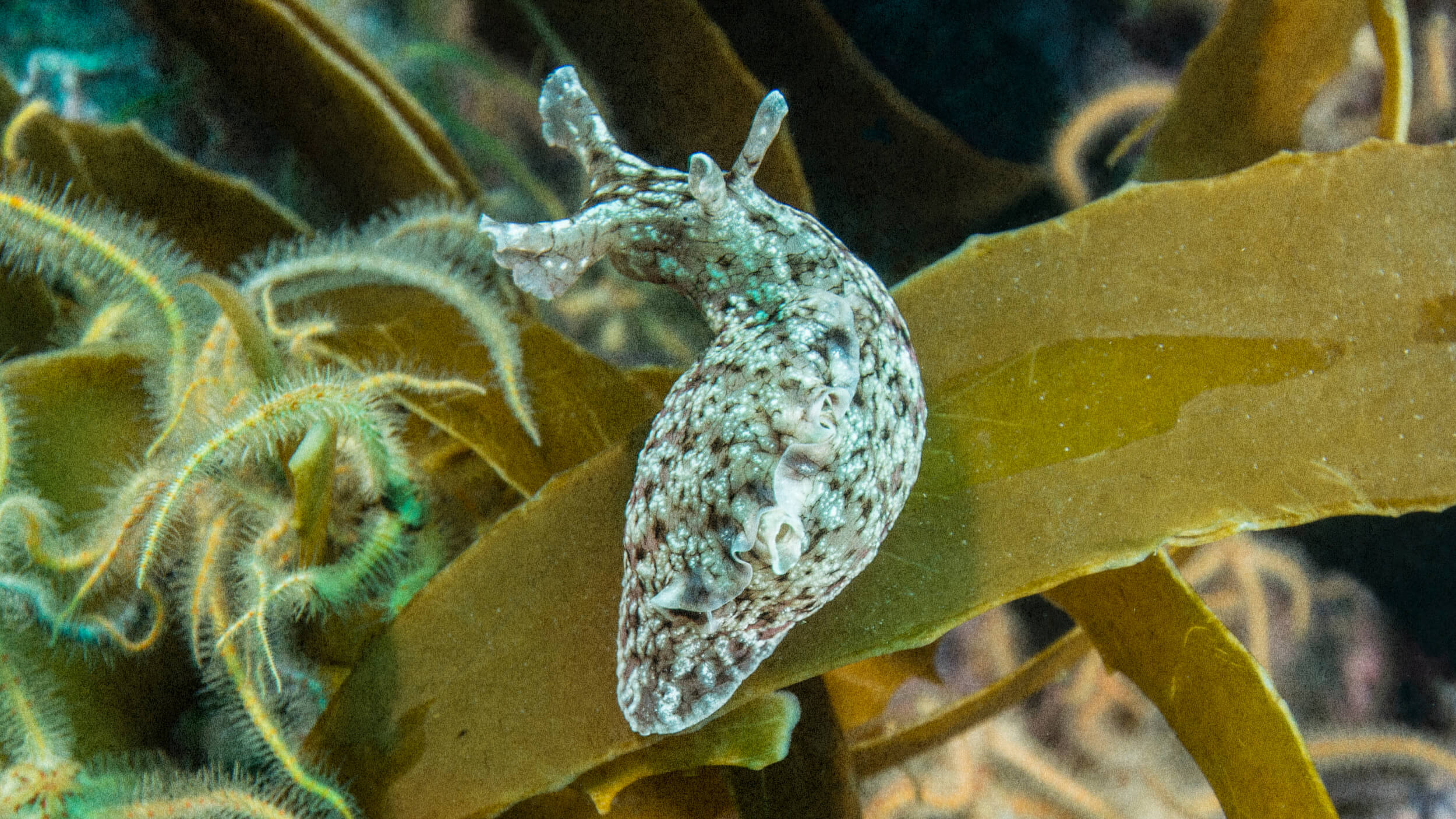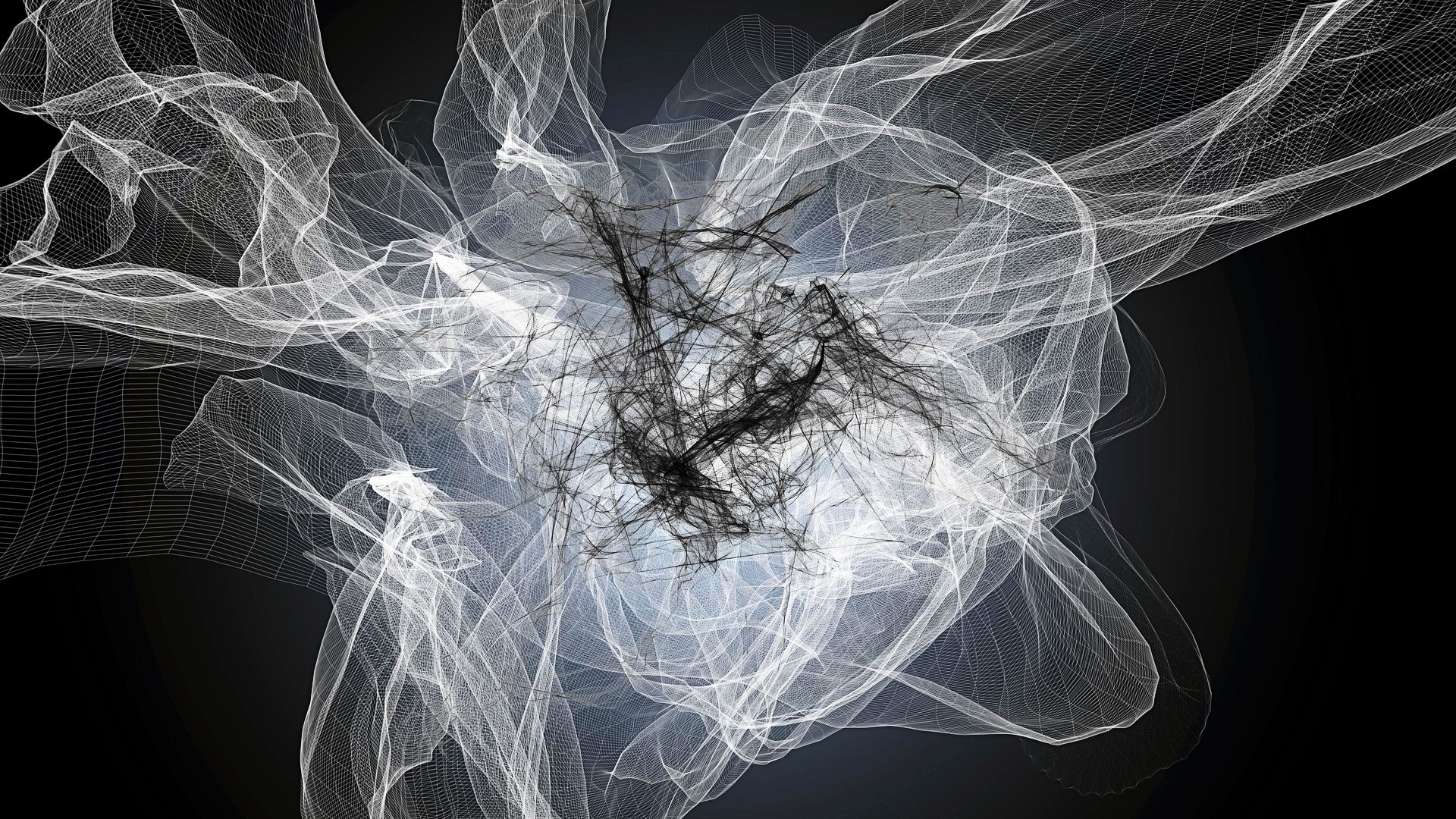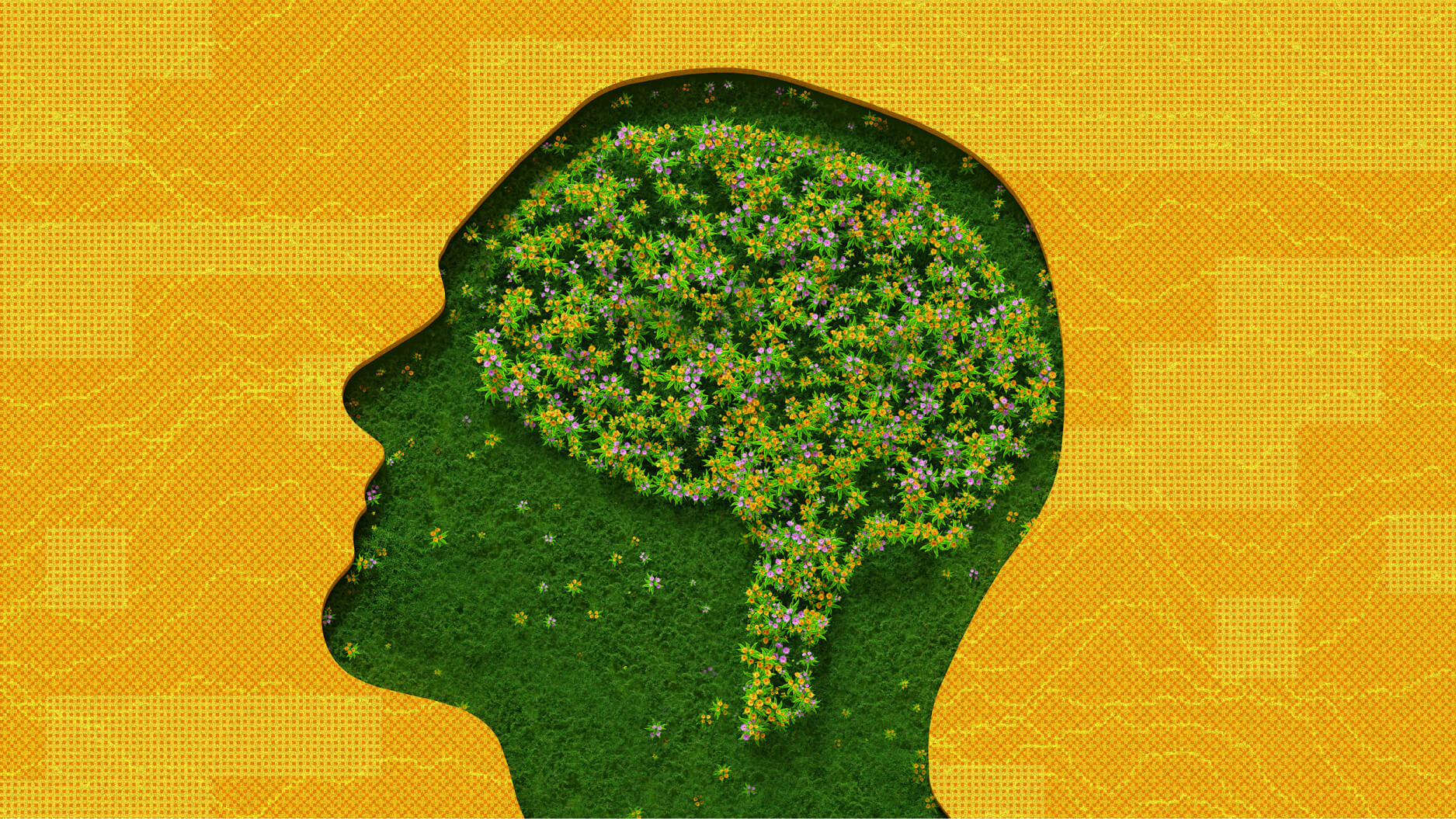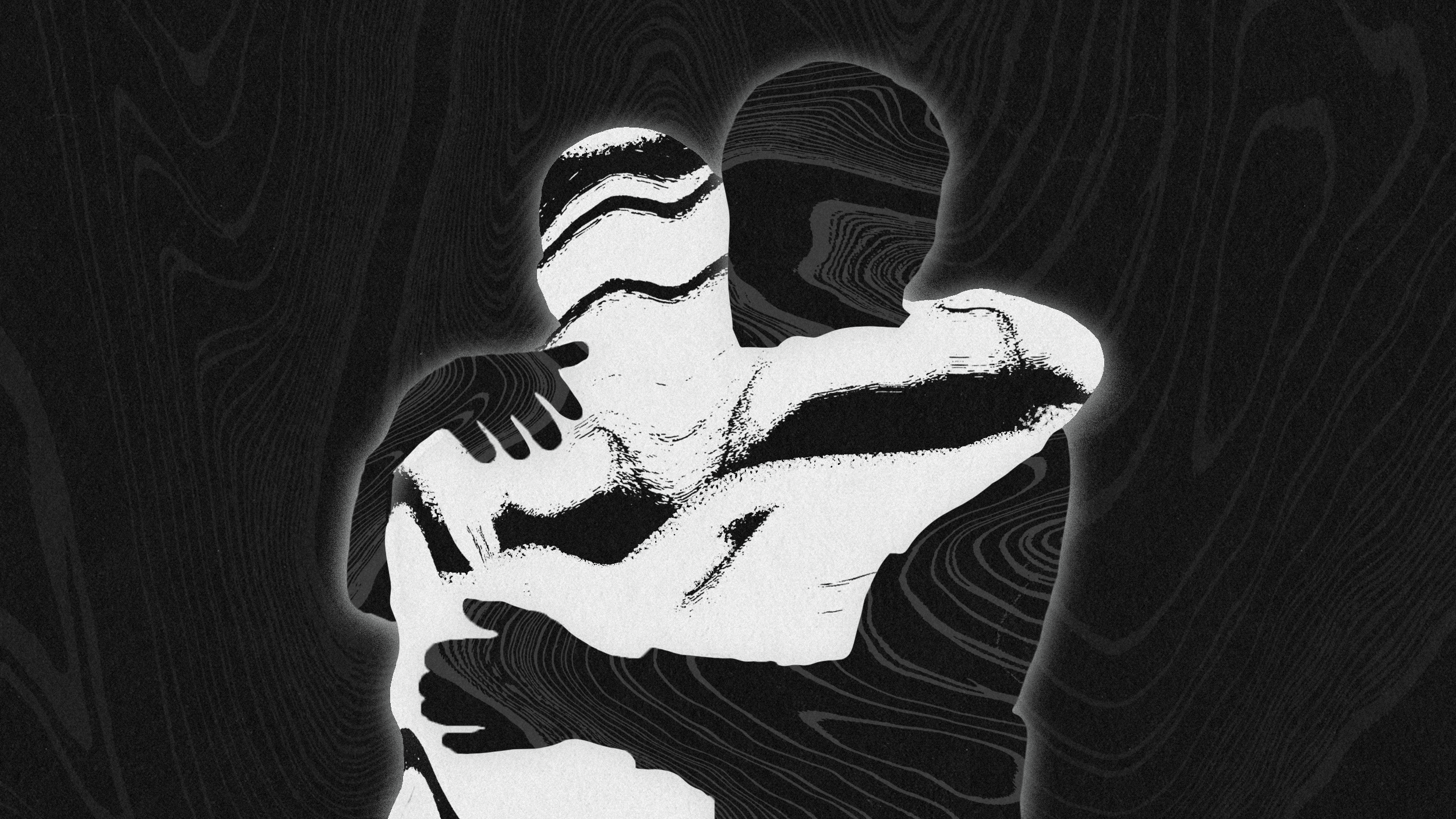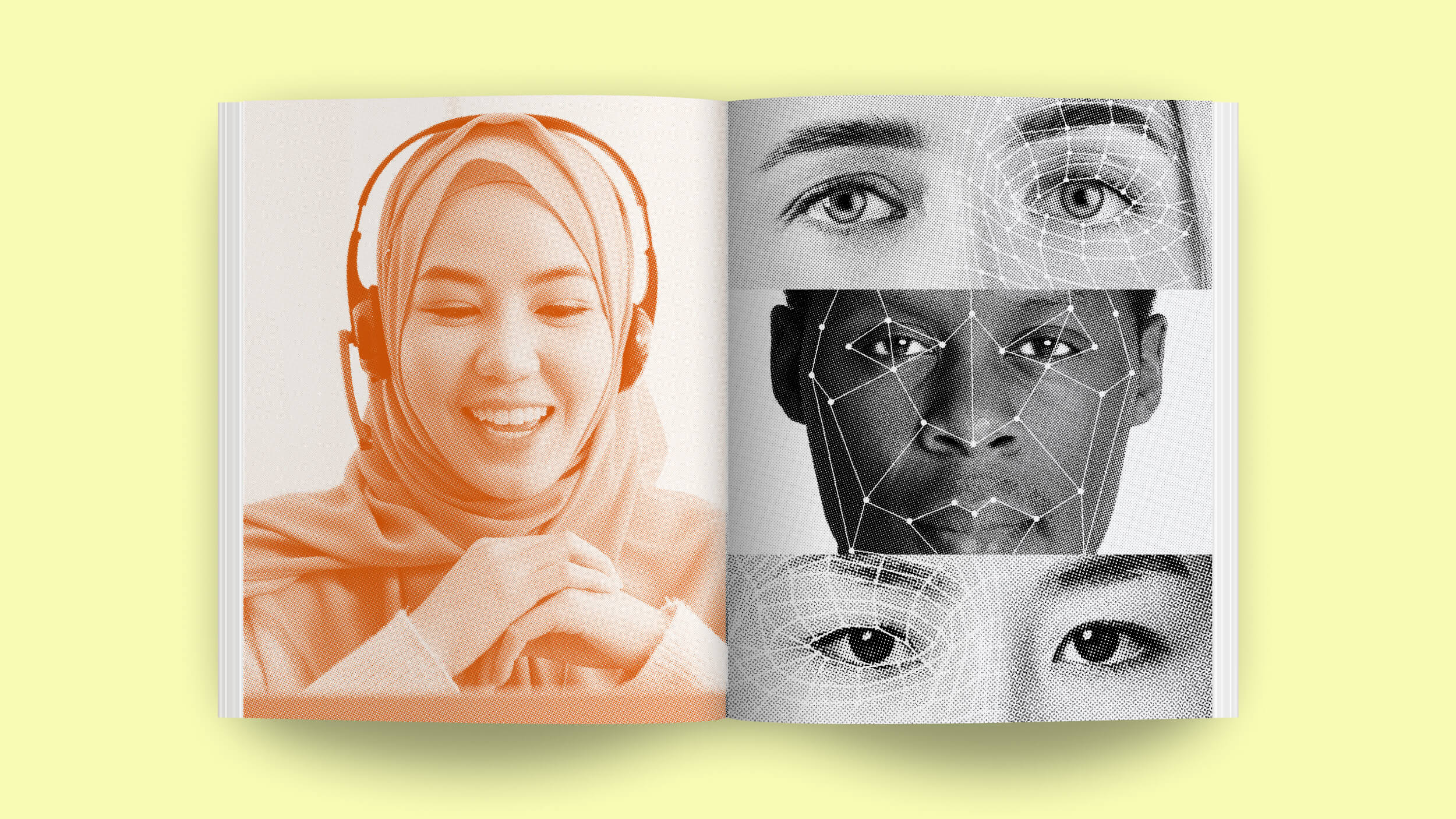neuroscience
Neuroscience supports the notion that mindfulness and meditation should become essential assets in our workspaces.
Welcome to The Nightcrawler — a weekly newsletter from Eric Markowitz covering tech, innovation, and long-term thinking.
Many, from neuroscientists to philosophers to anesthesiologists, have claimed to understand consciousness. Do physicists? Does anyone?
Curiosity is often considered a personality quirk. Neuroscience paints a different picture.
In nature, business, and life, survival doesn’t belong to the optimized — it belongs to those with a built-in buffer.
Locked inside their minds, thousands await a cure. Neuroscientist Daniel Toker is racing to find it.
Surprisingly, multimodal large language models struggle to read time on analog clocks.
What can drugs teach us about consciousness?
Our brains cling to the bad. This method could help balance the scales.
A powerful psychedelic long used in African rituals shows surprising promise for treating traumatic brain injury and PTSD.
A fresh view of intelligence — spanning living systems from bacteria to human civilization — challenges the idea that it’s merely problem-solving.
Welcome to The Nightcrawler — a weekly newsletter from Eric Markowitz covering tech, innovation, and long-term thinking.
The nature of “the mind” is always vast and clear no matter how swamped by information we feel — and leaders can learn to embrace this space.
“Personality isn’t based on what we say we’ll do. It’s rooted in what we actually do, which becomes what we think about.”
Memory takes effort, and our brains know it.
When plans fall apart, adaptability can build something better.
Neuroscientist and author Anne-Laure Le Cunff discusses the lasting benefits of uncertainty, curiosity, and the experimental mindset.
Delirium is one of the most perplexing deathbed phenomena, exposing the gap between our cultural ideals of dying words and the reality of a disoriented mind.
Could AI develop true intelligence without sentience? Philosopher Jonathan Birch explores the boundaries of artificial and evolved minds.
Ethan Kross, psychologist and author of “Shift,” explains how negative emotions help us live safely and well.
By designing smart systems, we can help ourselves live up to our best intentions — and perform even better in our workplaces.
“The amount of interest is enormous,” says anesthesiologist Boris Heifets. “People are dropping in and coming out of the woodwork, trying to understand how to do this.”
New research is uncovering why we eat first with our expectations.
Hawking’s refusal to upgrade his communication system preserved a voice that became iconic, not just for its sound, but for the profound identity it conveyed.
The biases that shape our understanding of the mind.
Participants’ brains revealed they were doing a kind of “neural replay” of the game they had been manipulated to win.
“We do not experience primarily because we have brains; we experience because we are alive.”
When it comes to behavior, genetics may play a larger role than you think.
The findings suggest that biochemical and physical effects of exercise could help heal nerves.
The color of the shirt you’re wearing right now depends on many factors, from your eye shape to what language you speak.







